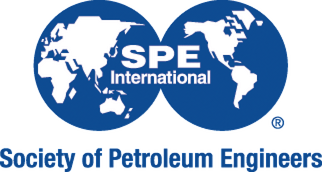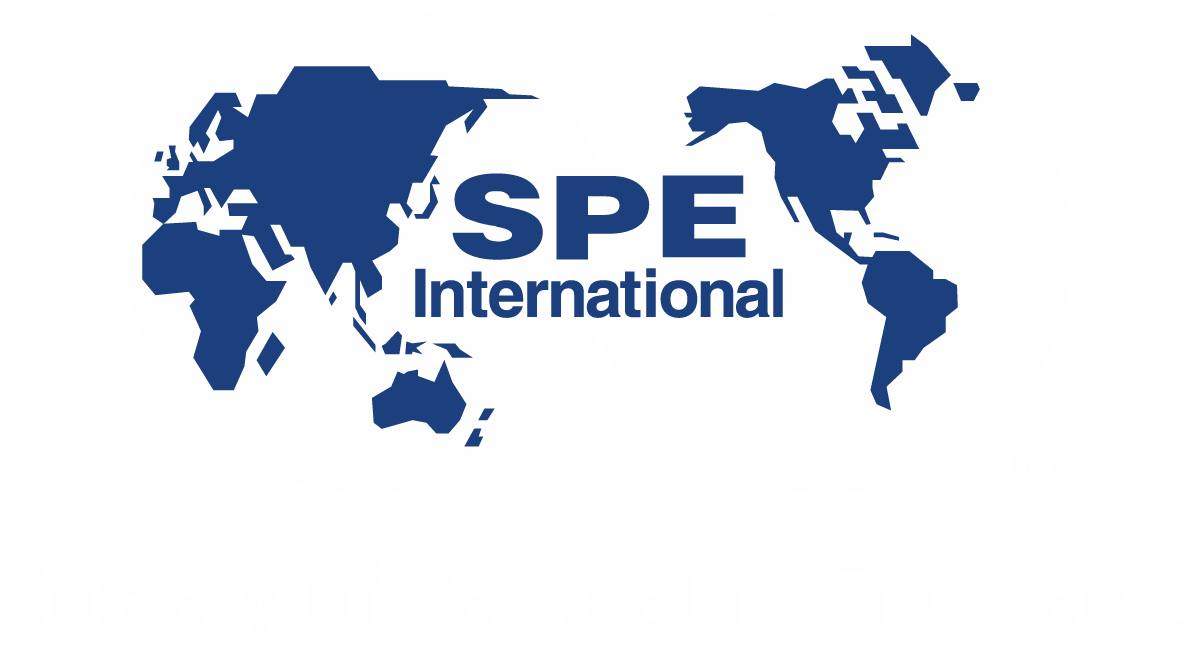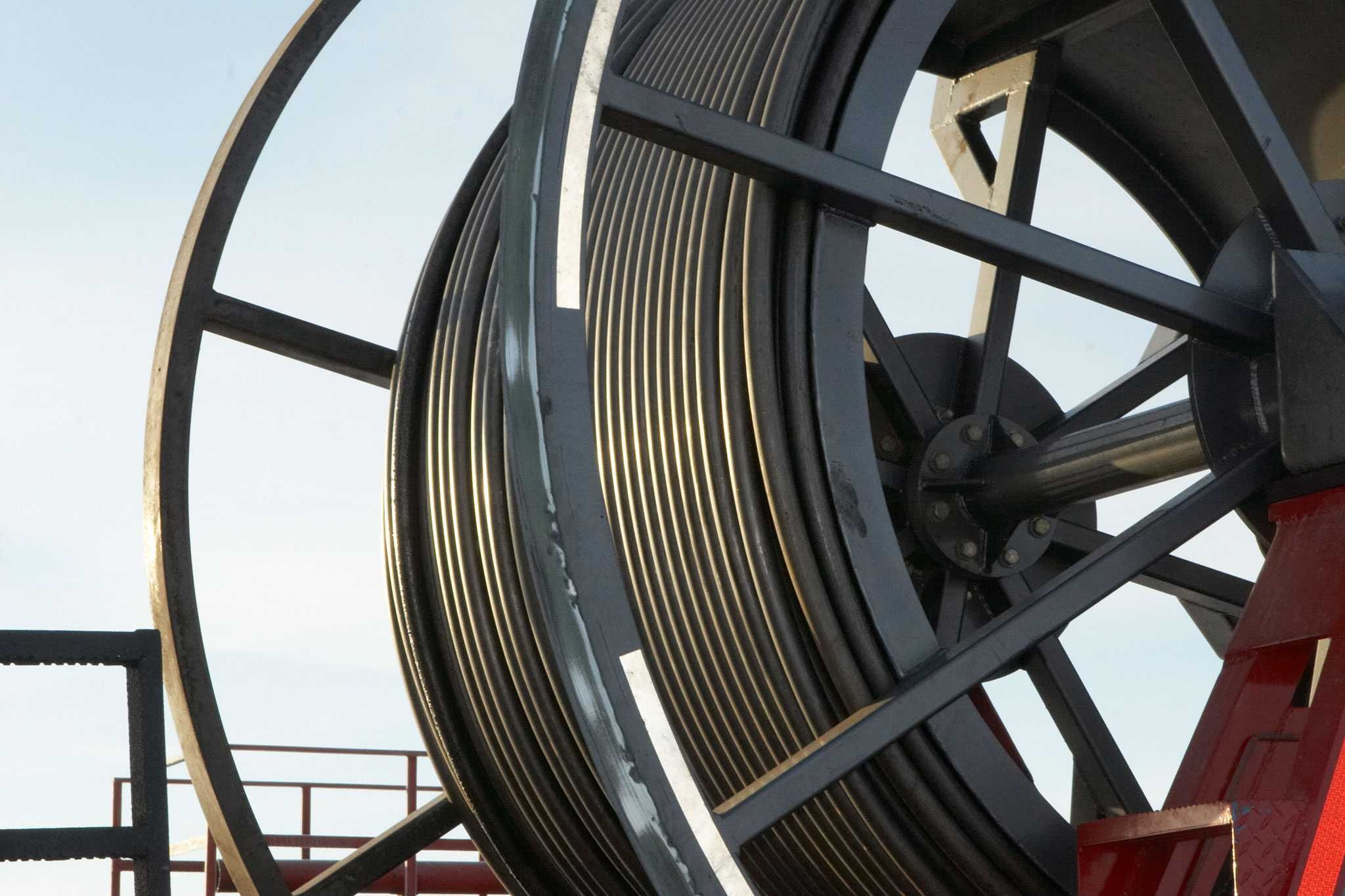Emergence of Data Science, Reduction of Carbon Footprint, and the Value of Interventions in Increasingly Constrained Drilling Market
Wednesday, 20 March
Waterway 4
Technical Session
Reducing CO emissions while increasing the financial rewards presents a significant hurdle for the oil and gas industry. To overcome this challenge, new drilling, completion, and intervention systems have been developed. Many of these solutions leverage advanced AI applications that benefit from years of industry experience and acquired data. This session will share some of the operational and experimental case studies from different regions of the world, demonstrating how these pioneering systems have solved some of the industry issues and highlight the lessons learned in the process.
-
1300-1325 218369The Role And Benefits Of Intervention-Based Production In The Energy Transition And The Drive To Net Zero
-
1325-1350 218290Cloud-Based Planning and Real-Time Algorithms Improve Coiled Tubing Cleanout Efficiency
-
1350-1415 218294Machine learning models to predict pressure at a Coiled Tubing Nozzle's Outlet During Nitrogen Lifting
-
1415-1440 218370Improving Well Completion Efficiency Though The Implementation Of Jointed Pipe Injector Technology
-
1510-1535 218368Complex Coiled Tubing Fishing Operation of Slickline Tools with no Kill Fluid in the Well in Danish North Sea
-
1535-1600 218288Geothermal Energy: A Novel Coiled Tubing Technology Transition
-
1600-1625 218351An Artificial Intelligence Model to Synthesize Measurements While Drilling Sensors for Coiled Tubing Drilling
-
1625-1650 218362Restoring Production Via Non-Rig Deployed Wireline Technology



.png)
